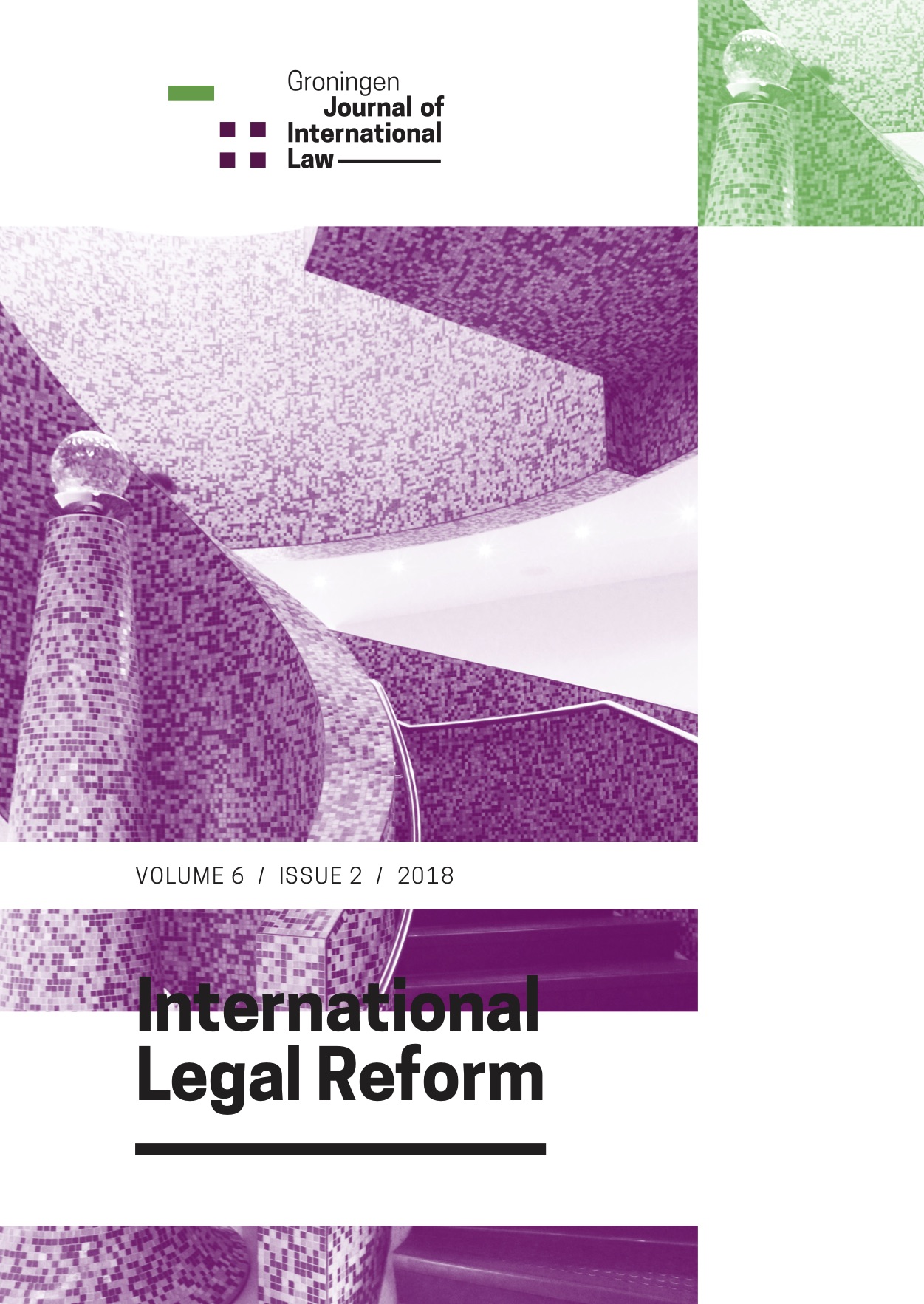Specific Direction: An Unspecific Threshold
DOI:
https://doi.org/10.21827/5bf3ea247dfc8Keywords:
SPECIFIC DIRECTION, AIDING AND ABETTING, ICTY, PERISIC, INTERNATIONAL CRIMINAL COURT, ROME STATUTE, ARTICLE 25(3)(C), INDIVIDUAL CRIMINAL RESPONSIBILITYAbstract
Aiding and abetting has been recognised as a form of individual criminal responsibility since the 1940’s when the first international tribunals were created. The form of responsibility had a relatively simplistic history of application until it faced an unprecedented upheaval through the introduction of the threshold of specific direction in the Perišić appeals judgment. The judgment has since been rejected by the Special Court of Sierra Leone (SCSL) in the Charles Taylor judgment and by the International Criminal Tribunal for Former Yugoslavia (ICTY) in Sainović, Popović and Stanišić and Simatović judgment.
The present paper focuses on the relevance of the standard of specific direction before the International Criminal Court (ICC). It argues that the standard is unjustifiable under international criminal law as, firstly, no convictions or acquittals have been affected on the standard and, secondly and more importantly, the text of the Rome Statute has rejected the standard. The standard of specific direction has not legal pedigree under customary law, is contrary to the text of the Rome Statute and counter-intuitive to the objectives of the ICC as it unreasonably increases evidentiary requirements at the Court and consequently makes the fight against impunity, an already challenging task, even more difficult.
Published
Issue
Section
Open Access Creative Commons


